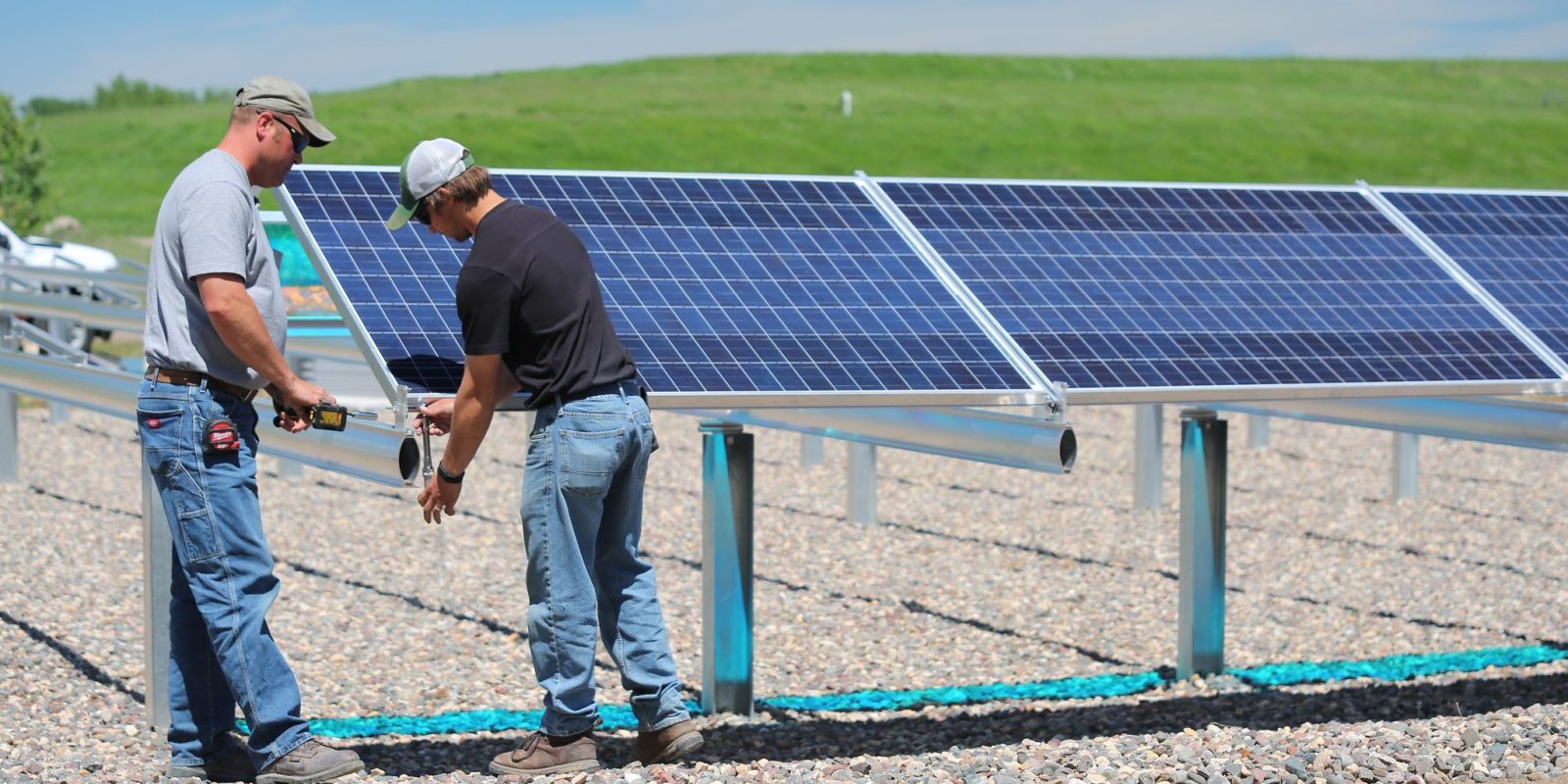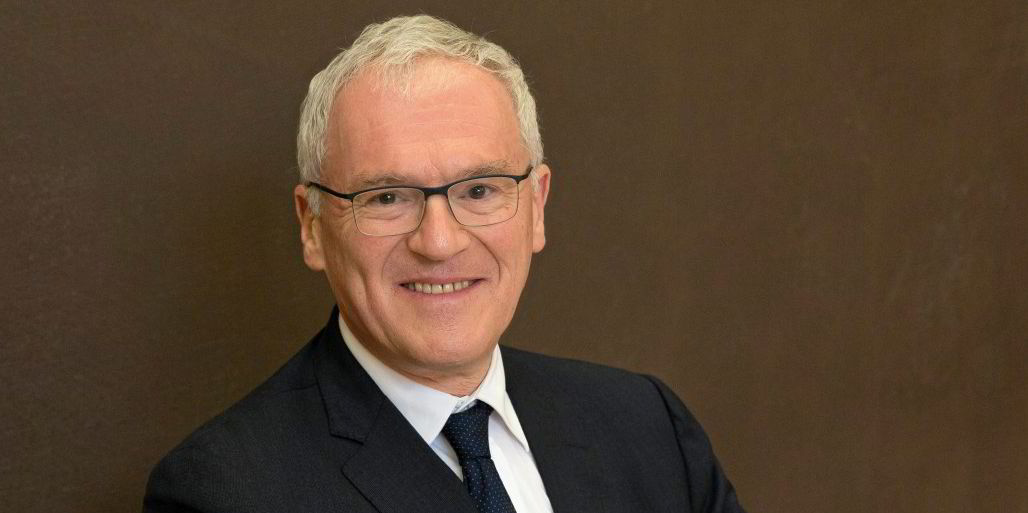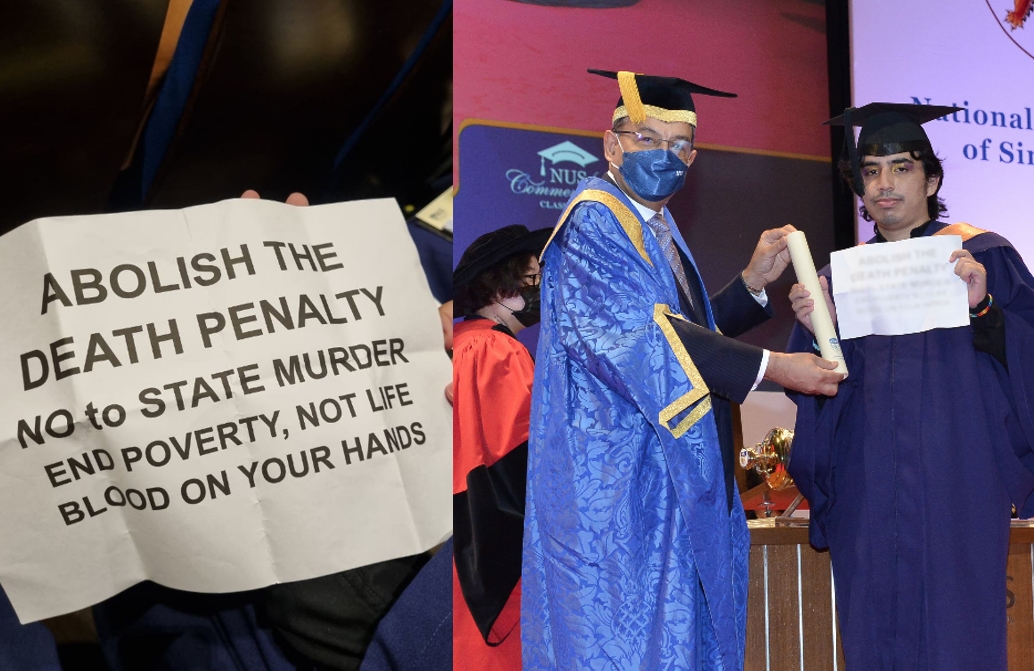By political reporter Dana Morse
New data from the productivity commission has shown only four of the 17 targets under the national Closing the Gap agreement are on track to be met.
Key points:Four of the 17 targets are on track to be met in the next decade
The gaps in rates of adult imprisonment and out of home care, child development and deaths by suicide are worsening
Linda Burney says the plan only works if there is a coordinated effort nationwide
The national agreement is a plan to improve the life expectancy gap between Indigenous and non-Indigenous Australians over the next decade.
Modest improvements have been recorded for life outcomes for children, healthy birth weights, school attendance and lowering youth detention, and there has been some improvement on sea country rights, but the target is still not on track to be met.
The data shows the gap is worsening across adult imprisonment rates, deaths by suicide, out of home care rates, and children being developmentally ready once they reach school age.
'Incredibly disturbing'
Minister for Indigenous Australians Linda Burney says the results are 'disappointing'.
"It's incredibly disturbing to see that a number of Closing the Gap targets are not on track," she said.
"There are some disappointing results in the latest figures – it's clear that more work needs to be done.
"The Closing the Gap architecture can only work when all parties are invested and there is a coordinated effort from all jurisdictions in partnership with First Nations peoples.
"I am keen to understand more about how the Priority Reforms are being implemented across the country." she said.
The priority reform areas cover partnerships between government and Indigenous communities, building capacity for community-controlled organisations across health, law and justice, transforming government organisations to be culturally safe and responsive, and increase data collection and sharing.
The government is committed to working alongside state ministers and the Coalition of the Peaks to improve outcomes for Indigenous Australians.
A meeting of the joint council on Closing the Gap will be held in Adelaide at the end of August.
Funding boost to conserve culture
The government has announced a multimillion-dollar funding boost to help safeguard Indigenous culture and languages.
Indigenous languages and cultures being strong and supported is one of the targets under the Closing the Gap agreement, with data showing around 123 Indigenous languages were being spoken in 2018-19.
Over the next three years the government will invest $57 million across more than 80 community activity and language programs, with a view to increase the number of languages being spoken and preserve culture across the country.
The life expectancy of Indigenous people is growing more than for their non-Indigenous counterparts in the Northern Territory, new data shows.
"Speaking languages and embracing artistic expression empowers Aboriginal and Torres Strait Islander peoples to connect to Country and community which is crucial for our being,"
"You look at a whole heap of Indigenous artists now who are using language through the arts to empower, to keep and hold onto culture and preserve culture." Minister Burney said.
$41 million will be distributed to Indigenous language centres across the country, including First Languages Australia, for cultural programs, language teaching and learning, and community workshops."
The remainder of the funding will be divided across cultural preservation, targeted language teaching and learning and developing digital language databases and community workshops.
Jacinta Price and Marion Scrymgour address Aboriginal disadvantage, domestic violence and alcohol laws in their maiden speeches.
The Northern Territory's two incoming federal politicians have delivered powerful maiden speeches, highlighting a "broken" system and conditions faced by Aboriginal people that would not be accepted elsewhere in Australia.
Key points:
Both politicians highlighted alcohol policy in the NT as an area of concern
Jacinta Price said there is far too little national concern over problems facing the NT
Marion Scrymgour said she would focus on challenges facing Aboriginal Territorians
Senator Jacinta Price, a Warlpiri-Celtic woman, said she wanted to work towards positive change in addressing the situation facing Aboriginal populations in the Northern Territory.
"I don't know where else in Australia, a member of federal parliament can provide a tour of the numerous places their direct family members have been violently murdered, or died of alcohol abuse, suicide or alcohol-related accidents," she said.
"It is not good enough that [Aboriginal] children have witnessed or been subjected to normalised alcohol abuse, domestic family and sexual violence throughout their young lives.
"Such neglect in great numbers would not be accepted in the prosperous suburbs of our capital cities."
Senator Price outlined one of her goals in federal politics as to "halt the pointless virtue signalling and focus on the solutions that bring real change, that changes the lives of Australia's most vulnerable citizens".
"Solutions that give them real lives," she said.
"Not the enduring nightmare of violence and terror they currently live."
Ms Price had served as the Alice Springs deputy mayor before running for the senate.
Member for Lingiari Marion Scrymgour, an Aboriginal woman whose mother was from the Tiwi Islands and father a member of the Stolen Generations from Central Australia, said commencing her role in federal parliament was "tinged with sadness".
"I am essentially becoming part of the same government which designated both my parents as wards of the State — the 'State' being the Commonwealth of Australia," she said.
Ms Scrymgour became the first Indigenous woman ever to be elected to Northern Territory Parliament in 2001 and went on to take the role of deputy chief minister.
Both Senator Price and Ms Scrymgour addressed recent concern over liquor policy in the Northern Territory, following the lapse of alcohol restrictions in many remote communities earlier this month.
The alcohol bans were first introduced during the Northern Territory intervention in 2007.
Ms Scrymgour said the removal of alcohol restrictions, which have seen alcohol flow into some communities for the first time in 15 years, required an urgent rethink.
"When a government puts a protective regime of that kind in place, and leaves it in place for that long, you can't just suddenly pull the pin on it without any protection, sanctuary or plan for the vulnerable women and children whom the original measure was supposed to protect," she said.
"To do that is more than negligent — at the level of impact on actual lives it is tantamount to causing injury by omission.
"I'm not saying that the town camp alcohol measures should have continued, but I am saying that before they were allowed to lapse, harm minimisation should have been properly addressed."
Senator Price said the removal of alcohol laws "allowed the scourge of alcoholism and the violence that accompanies that free reign, despite warnings from elders of those communities".
Ms Scyrmgour said she, as the federal member for the electorate with the highest percentage of Indigenous residents in the country, pledged to provide strong leadership for Aboriginal people.
“Whilst anyone elected as the member for Lingiari must of course champion the interests and aspirations of all constituents, the challenges and issues facing Aboriginal people and communities in Lingiari will be front of mind for me at all times,” she said

















